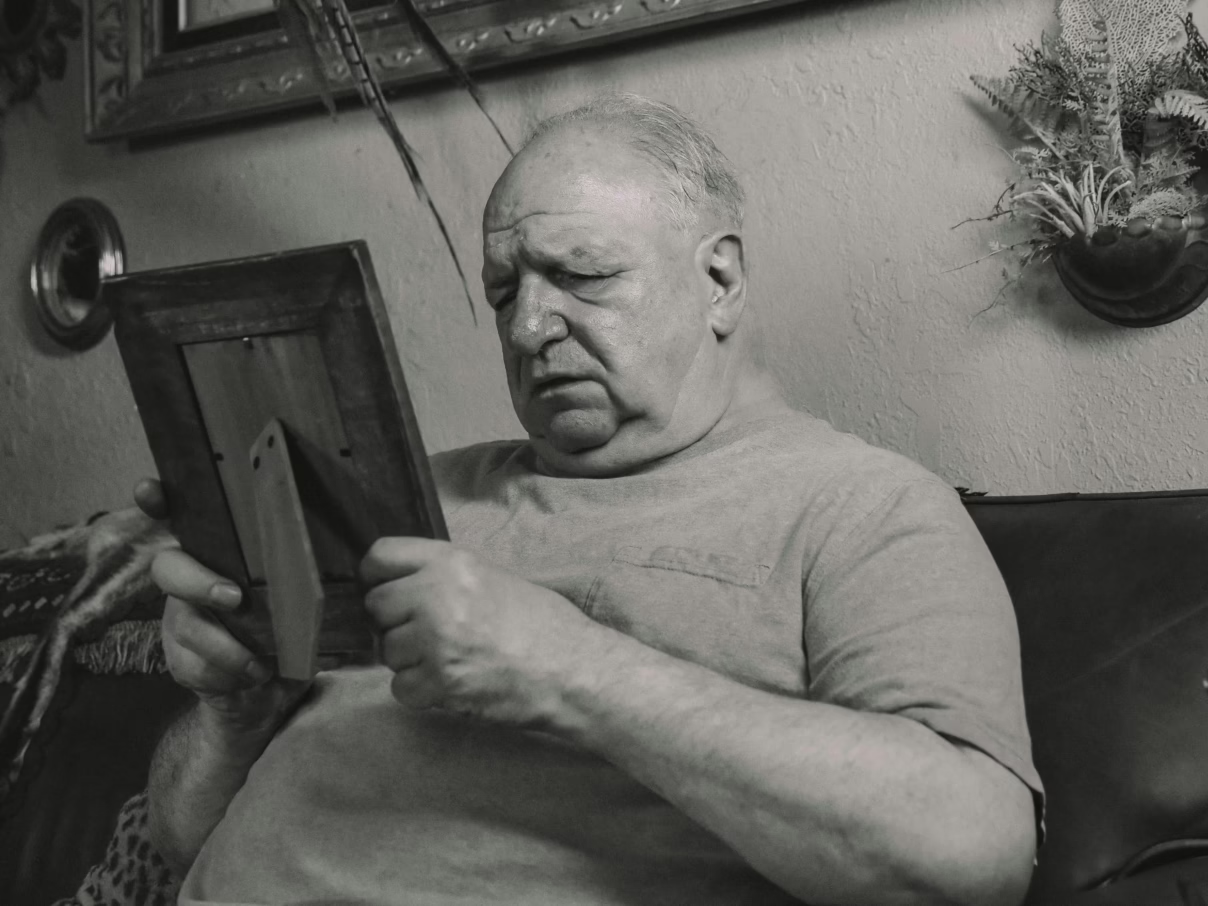
19–25 May 2025 is Dementia Action Week, an annual awareness raising campaign supported by dementia charities.
Alzheimer’s Research UK (ARUK) is the UK’s leading dementia research charity. Their mission is to accelerate progress towards a cure. ARUK was chosen by staff as our Charity of the Year in 2024, and it is clearly a subject close to the hearts of our staff as they voted to keep ARUK as our Charity of the Year for another year through to March 2026.
As part of this partnership, ARUK have educated us on dementia and increased our understanding of the disease. Some of our staff recently had the opportunity to attend the Bettencourt Lab at UCL, hearing first-hand from researchers about dementia, and seeing dementia brain ‘plaques’ under the microscope and learning how they can affect the brain.
Before this partnership with ARUK, most staff at Whitehead Monckton had increased their understanding of the disease by becoming Dementia Friends (an Alzheimer’s Society Initiative).
What is dementia?
Dementia is not something that happens just because we get older. People over 75 are much more likely to get dementia, but it can affect younger people too. It is caused by different diseases which affect different parts of the brain, so they affect people in different ways.
Alzheimer’s disease is the most common type of dementia in the UK, but there are many others, including vascular and frontotemporal dementia. Dementia is more common than you might think: did you know that almost 1 million people in the UK have dementia?
To learn more about dementia, why not check out ARUK’s website: https://www.alzheimersresearchuk.org/dementia-information/what-is-dementia/
I have just been diagnosed with dementia, what should I now be considering from a legal perspective?
Being in receipt of a dementia diagnosis does not suddenly render you unable to deal with important legal issues. Dementia is a progressive illness, and no two people living with dementia will follow the same journey; how long you are able to do things for will ultimately depend on your individual circumstances. It is however important to consider legal matters at the earliest opportunity, given that there are set tests in law which dictate whether a person is capable of creating certain legal documents.
Create, review or update your will
Whilst your will does not come into effect until death, it is important to review the document to check that it still accurately reflects your wishes.
The ability to update your will has not been taken away from you by virtue of you receiving your diagnosis. To ensure the validity of a will, you must have sufficient testamentary capacity. Testamentary capacity is a legal term which means there are specific things that you must be able to understand. These requirements have remained the same for many years (it was originally set out in the case of Banks v Goodfellow [1870]).
You must be able to understand:
We may recommend that you discuss your intended changes with a medical professional, and we may also ask that they act as a witness to the will itself. This will assist in protecting your will against any claims on the ground that you did not have sufficient mental capacity at the time of signing.
Create, review or update your Lasting Power of Attorney
Whilst your will deals with what happens to your assets upon your death, Lasting Powers of Attorney deal with certain elements of decision making should you have lost capacity or simply require some assistance in doing so.
There is a common misconception that spouses can make decisions on behalf of their husband/wife/civil partner who has lost capacity. This is not the case.
If you do not already have one, you should consider getting a Lasting Power of Attorney. These documents superseded the “old style” Enduring Powers of Attorney in 2007, and enable you to appoint people that you know and trust to make certain types of decisions for you, either should you require some practical assistance in doing so, or if you are no longer able to do for yourself.
Your Attorneys must always act in your best interests, and.it’s important that you consider whether your Attorneys have the right skills and qualities to be able to make such decisions for you.
It is worth noting that existing Enduring Powers of Attorney were not automatically invalidated when Lasting Powers of Attorney came into force. There are, however, some key differences between the two documents, and it would be beneficial to seek legal advice as to whether your Enduring Power of Attorney continues to work in your circumstances:
If you would like assistance with your legal affairs following a dementia diagnosis, please do not hesitate to contact the Tax and Estate Planning team on 01622 698000.
Article written by Bekka Fuszard TEP, Associate Solicitor May 2025